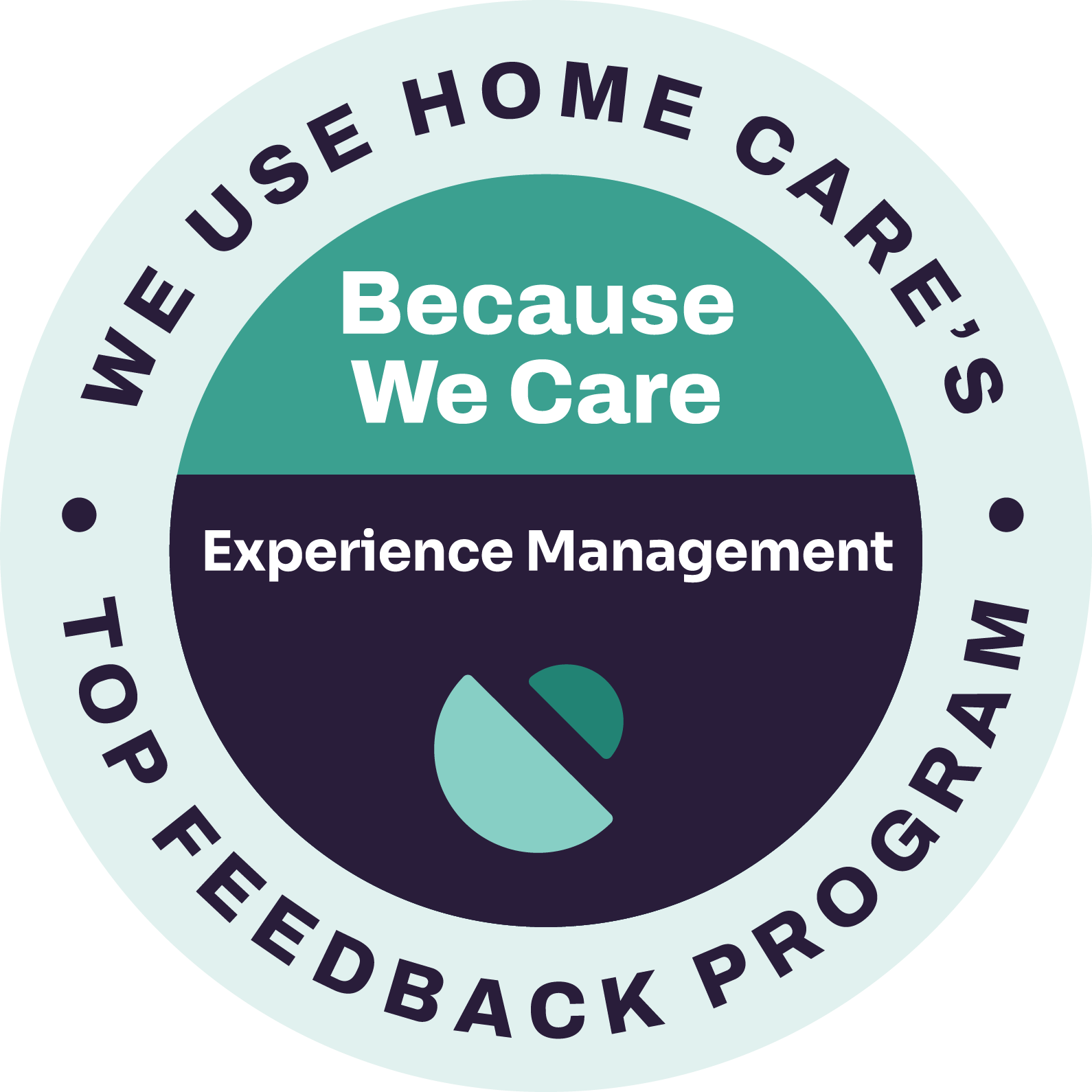Supporting aging parents can be a tremendously rewarding experience for their adult children. It’s a tangible expression of love and gratitude for the sacrifices and care our parents provided us. Beyond the emotional fulfillment, such assistance helps ensure our parents’ well-being and dignity in their later years. It also strengthens generational bonds, fostering a sense of belonging and reciprocity.
But, supporting aging parents can be a tremendously challenging experience, physically, emotionally, and financially. A lot of us are still providing care and support for our own children. Many of us are employed, tasked with helping make ends meet while simultaneously trying to save for our own retirement.

Fiction: Most adults today aren’t concerned with caring for their elderly parents.
While it’s true that we have our own jobs, families, and responsibilities to think about…
Fact: 2/3 of adults feel they have a responsibility to care for elderly parents.
In a 2023 PEW Research survey, 66% of participants felt adult children had a “great deal” or at least a “fair amount” of responsibility to provide caregiving to an elderly parent. Furthermore, A Place For Mom reports nearly 17% of U.S. adults are currently unpaid caregivers for older adults, most often parents, in-laws, and grandparents.
Discussion:
As our parents’ needs evolve, increasing assistance may be needed to navigate life’s challenges. Top priorities are helping ensure mom’s and dad’s well-being and independence. This often starts with running errands and help maintaining their home. As the effects of aging show up in new physical or cognitive conditions, caregiving needs become more demanding.
At some point, increased caregiving responsibilities collide with employment and family responsibilities. Everything suffers as caregivers approach burnout. (More: Silent Sacrifices: Unveiling the Hidden Realities of Being a Family Caregiver.) Sunlight Respite Caregivers can provide elder care for a few hours a week, giving family caregivers the breaks we need to help bring life back into balance.
Having an understanding professional caregiver is often the choice when the adult children are not in position to be parental caregivers. In such instances, communication is key. That’s why in addition to calls and emails, Sunlight provides an online portal for family members to keep up on their loved one’s care.

Fiction: Most adults think it’s not their responsibility to financially support their elderly parents.
Business Insider reports the average American owes $104,215 in debts. Both spouses are employed in 61% of married couple families in the U.S. And yet…
Fact: 3/4 of adults feel adult children are responsible to provide financial assistance to an aging parent if needed.
That PEW Research survey also found 32% of survey participants had given financial help to a parent 65+ in the past 12 months, the same percentage reported by AARP research.
Discussion:
To be clear, we’re talking about monetary help with groceries, housing, and medical expenses, not vacations and indulgences. But, as with time spent on caregiving, most middle-age adults are sandwiched between financially aiding their own kids, their own financial obligations, and saving for their own retirement.
Like the contents of their will, some parents want to keep their finances a secret. But had they been going to a bank for a loan, they would have needed to disclose their finances. Before giving money, it is advisable to review your parent(s) bank account and financial resources. While this can be uncomfortable for both generations, it is essential for validating the financial need.
In fact, it can be uncomfortable for seniors to even ask their kids for help. They never expected to be in that situation. More than 9 in 10 parents polled in a GOBankingRates survey said they don’t expect any financial support from their children in retirement (though 11% indicated they expect to or currently live with their children.)
Sometimes, as we’ve seen from Sunlight Senior Care clients, financial assistance extends to subsidizing a portion of the cost of having an at-home caregiver. This is particularly common when the children are out-of-state, or otherwise unable to be part of their parents’ care team.
Opinions on supporting aging parents as well as the ability to care for and monetarily assist mom and dad in their golden years are widely varied. But most people agree that providing care and financial support to aging parents sets a positive example for future generations, emphasizing the importance of compassion, respect, and reciprocity in family relationships. The care and financial support provided enriches both the giver and the receiver, fostering deeper connections and ensuring that love and care continue to flow through generations.






